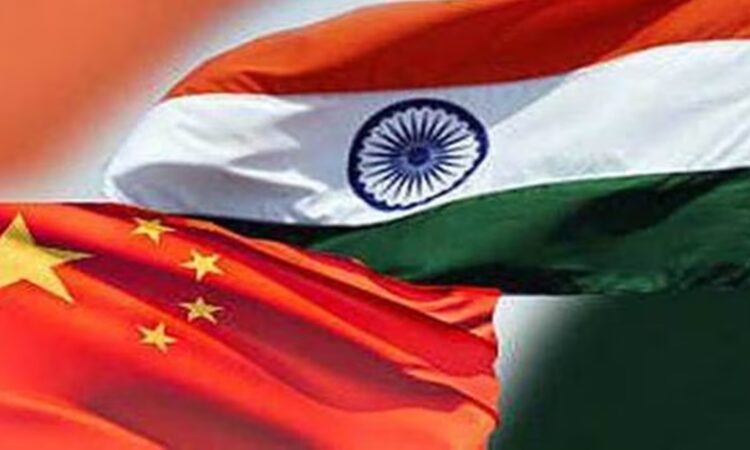
India’s trade reliance on China and the European Union is rising as global trade is witnessing a marked shift along geopolitical lines, says a report by the United Nations Conference on Trade and Development (UNCTAD).
This comes in the backdrop of major supply chain reset following the pandemic and the Russia-Ukraine war that had sent food and fuel prices to record highs.
The UNCTAD estimates, based on national statistics, showed that India’s dependence on China and the European Union (EU) grew by 1.2 per cent while its reliance on Saudi Arabia slid by 0.6 per cent.
This came despite India’s efforts to cut reliance on China by implementing its flagship Production-Linked Incentive (PLI) scheme and Quality Control Orders (QCOs) largely to limit entry of cheap Chinese products.
“During the last two years, the geographical proximity of international trade has remained relatively constant, showing minimal nearshoring or far-shoring trends. However, since the latter part of 2022, there has been a noticeable rise in the political proximity of trade,” the UNCTAD report said.
“This indicates that bilateral trade patterns have been favouring trade between countries with similar geopolitical stances. Concurrently, there has been an increasing concentration of global trade to favour major trade relationships, although this trend has softened in the last quarter of 2023,” the report released earlier this month said.
UNCTAD’s estimates showed a major shift in trade due to the ongoing Russia-Ukraine war. While Russia’s trade dependence on China surged by a record 7.1 per cent, its reliance on the EU slid by 5.3 per cent.
This was largely a result of Russian oil shifting from the EU to China and India. Chinese custom data showed that China’s two-way trade with Russia in 2023 had hit a record $240 billion. Russia had also increased purchasing Chinese goods when major US and European Union companies began exiting Russia after the war.
Interestingly, the US managed to cut reliance on China by 1.2 per cent in 2023 and increase its trade dependence on the EU and Mexico.
The dependence of an economy on another is calculated as the ratio of their bilateral trade over the total trade of the dependent economy. Change is computed as a four quarter average of this ratio relative to the same period in the previous year, the report said.
The report showed that global trade declined in most sectors, except for pharmaceuticals, transportation equipment, and road vehicles, particularly, electric cars.
Among the sectors where the value of trade declined by more than 10 per cent during 2023 are apparel, chemicals, energy metals, office equipment, and textiles, UNCTAD said.
The report further said that the value of global merchandise trade has experienced continuous decline since mid-2022. Trade in goods expected to contract by about US$ 1.3 trillion or 5 per cent in 2023. But services trade is expected to gain about $500 billion, or 8%.






